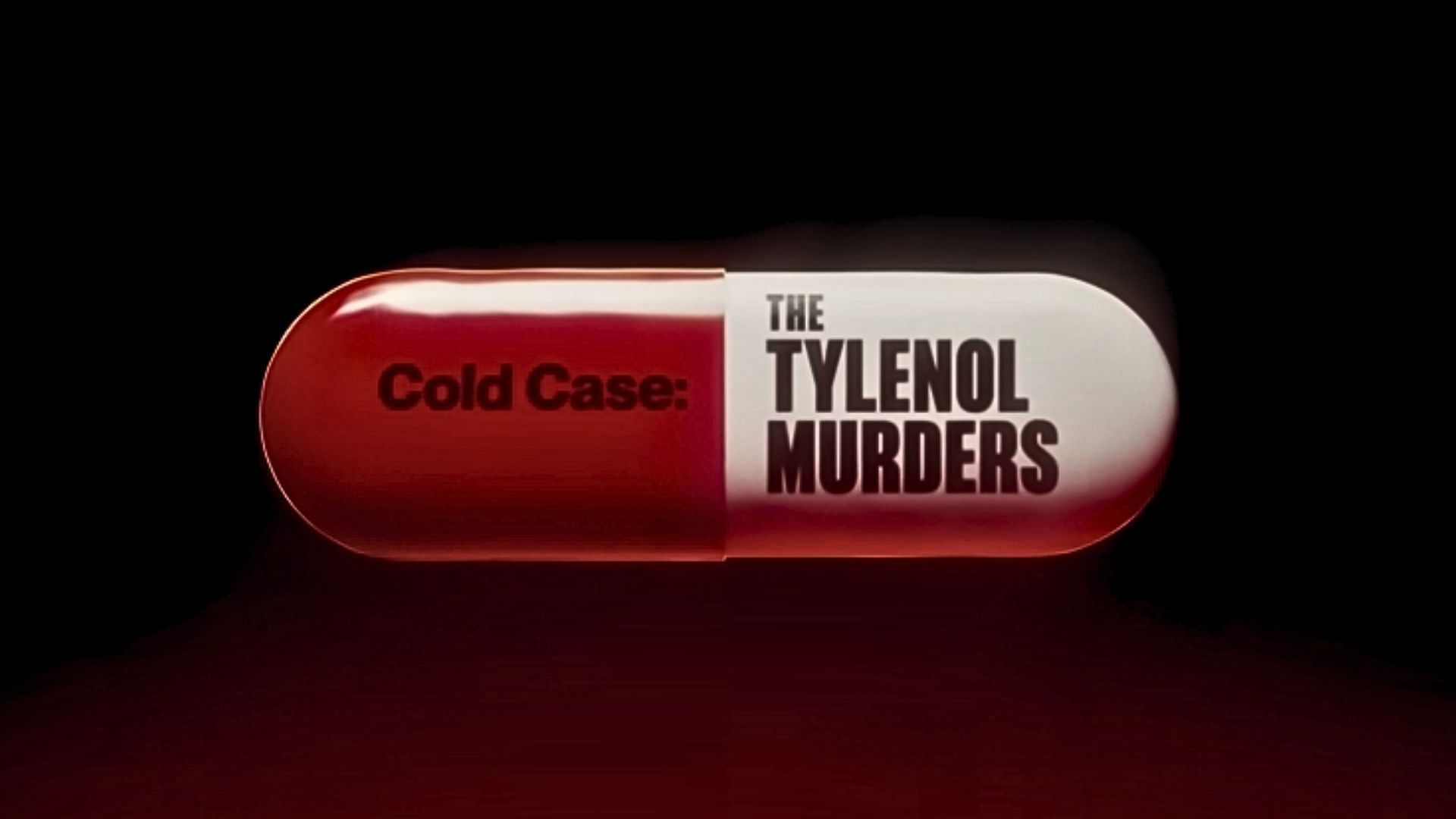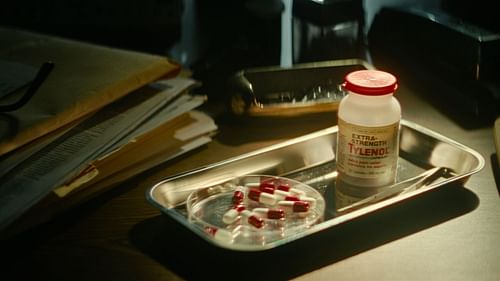The harrowing true story behind Cold Case: The Tylenol Murders

Cold Case: The Tylenol Murders, a gripping three-part Netflix docuseries, delves into this chilling unsolved case that shook America and significantly changed the perspective of buying medicine casually. In 1982, a wave of panic swept Chicago when seven people died after taking Extra-Strength Tylenol capsules laced with deadly cyanide.
Cold Case: The Tylenol Murders, Premiering on May 26, 2025, and streaming on Netflix, the series, directed by Yotam Guendelman and Ari Pines, uses rare interviews, including with key suspect James William Lewis, to explore new theories about the random killings. The murders, which began with a 12-year-old girl’s death, led to a nationwide recall of 31 million Tylenol bottles and sparked tamper-proof packaging laws.
Despite one of the largest FBI investigations in history, no one was convicted. With insights from victims’ families and investigators, the documentary Cold Case: The Tylenol Murders questions whether a single killer acted alone or if deeper secrets remain hidden, airing a haunting mystery that lingers over four decades later.
The real story behind Cold Case: The Tylenol Murders

As reported by PBS News on September 29, 2014, the Chicago Tylenol murders unfolded over a few days in late September and early October 1982, starting with the death of 12-year-old Mary Kellerman in Elk Grove Village.
On September 29, Mary took a Tylenol capsule for a sore throat and collapsed in her bathroom, dying by 7 a.m. On the same day, Adam Janus, a 27-year-old Arlington Heights postal worker, took Tylenol for a cold and died shortly afterward.
At Adam’s home, his grieving brother Stanley Janus, 25, and Stanley’s wife, Theresa Janus, 19, took capsules from the same bottle, both collapsing; Stanley died that day, and Theresa two days later on October 1.
In just a few days, three additional victims died: Mary McFarland, 31, who worked for an Elmhurst phone center, died on September 30 from taking Tylenol for a headache; Paula Prince, 35, a Chicago flight attendant, died on October 1 after purchasing Tylenol at a Walgreens; and Mary “Lynn” Reiner, 27, a Winfield mother, died on September 29 after taking Tylenol post-childbirth.
Each victim suffered convulsions and respiratory failure from cyanide poisoning, with capsules containing up to three times the lethal dose. The tainted bottles, sold at Chicago-area stores like Walgreens and Jewel, came from different factories, indicating the tampering happened at retail. By October 1, authorities linked the deaths, and Chicago police issued urgent warnings, using loudspeakers to alert residents.
Johnson & Johnson recalled 31 million bottles on October 5 for $100 million. The random nature of the deaths with no clear motive or victim connection, terrified the public, canceling Halloween trick-or-treating in some suburbs.
Cold Case: The Tylenol Murders: Why the case remains unsolved?
As per PBS News, a massive investigation involving over 140 Chicago police, Illinois State Police, and FBI agents, making it one of America’s largest criminal probes. Investigators quickly ruled out manufacturing errors, as tainted bottles from lots like MC2880 and 1910 MD originated from separate plants but appeared in Chicago stores.
Nurse Helen Jensen’s observation of missing capsules in the Janus family’s bottle led to tests by toxicologist Michael Schaffer, who found cyanide in 5 of 44 capsules, detectable by an almond-like smell.
No fingerprints or CCTV footage identified the tamperer, and the lack of a motive—random killings with no victim ties—stymied efforts. James William Lewis became the primary suspect after sending an extortion letter to Johnson & Johnson on October 12, 1982, demanding $1 million to stop the killings.
Arrested in New York after a manhunt, Lewis was convicted of extortion, sentenced to 20 years in prison, but was released after serving 13 years, as reported by PBS News.
He denied the murders, claiming he targeted his wife’s former employer, as per the New York Times. His fingerprints on a poisoning book’s cyanide pages and detailed tampering theories raised suspicions, yet no evidence placed him in Chicago.
In 2009, his home was searched, and DNA collected, but no match emerged. Other suspects included Roger Arnold, a dock worker with cyanide and weapons at home, and Ted Kaczynski, the Unabomber, whose Chicago-area presence was noted, but both lacked solid links.
The case remains unsolved due to absent physical evidence, Lewis’ death in 2023, and the FBI’s task force disbanding in 2010. Sealed police files and fading witness memories further dim prospects for resolution, leaving the case open as of 2025. Cold Case: The Tylenol Murders sheds light on the details of the case.
Watch Cold Case: The Tylenol Murders, releasing on 26 May 2025 on Netflix.




